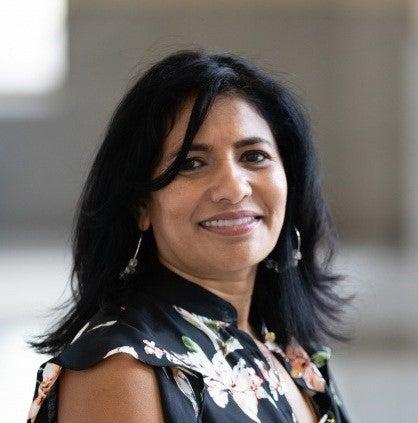Are Informal Workers Benefiting from Globalization? Evidence from a Survey Experiment in India
Ronald O. Perelman Center for Political Science & Economics
133 South 36th Street, Suite 230
Philadelphia PA 19104-6215
About the Speaker:
Nita Rudra is a Professor of Government at Georgetown University. Her research interests include the politics of globalization, trade, foreign investment, development, democracy, inequality, taxation, and redistribution. Her work appears in the British Journal of Political Science, Journal of Politics, American Journal of Political Science, Comparative Political Studies, International Organization, and International Studies Quarterly. Her most recent Cambridge University Press book (with Ida Basiaens) is titled Democracies in Peril. She has been a recipient of the Woodrow Wilson International Center for Scholars Fellowship, the Fulbright-Nehru Foundation Academic Fellowship, and the International Affairs Fellowship by the Council on Foreign Relations.
About the Lecture:
Are citizens in the developing world convinced about the benefits of globalization? By leveraging their comparative advantage in low labor costs, economists predict once-poor citizens should be better off with open markets. Yet, surprisingly little rigorous research exists on the how workers in developing countries actually experience the benefits of increasing trade and foreign direct investment (FDI), particularly in an era of rapidly expanding global supply chains. To answer this question, Prof. Rudra focuses on the largest cluster of low-wage laborers in developing countries—informal workers—and their experience with FDI. Her survey experiment on formal and informal workers in India reveals that both groups strongly approve of foreign and domestic investment. However, the former are deeply skeptical that the benefits of FDI will ever trickle down to themselves or their future generations. India’s much smaller population of formal workers, by contrast, are confident that foreign economic ties will increase the emphasis on meritocracy in India and improve inter-generational mobility prospects, independent of skill levels. These findings are bad news for scholars, policymakers, the international business community, and all those who anticipate that globalization is lifting all boats.

